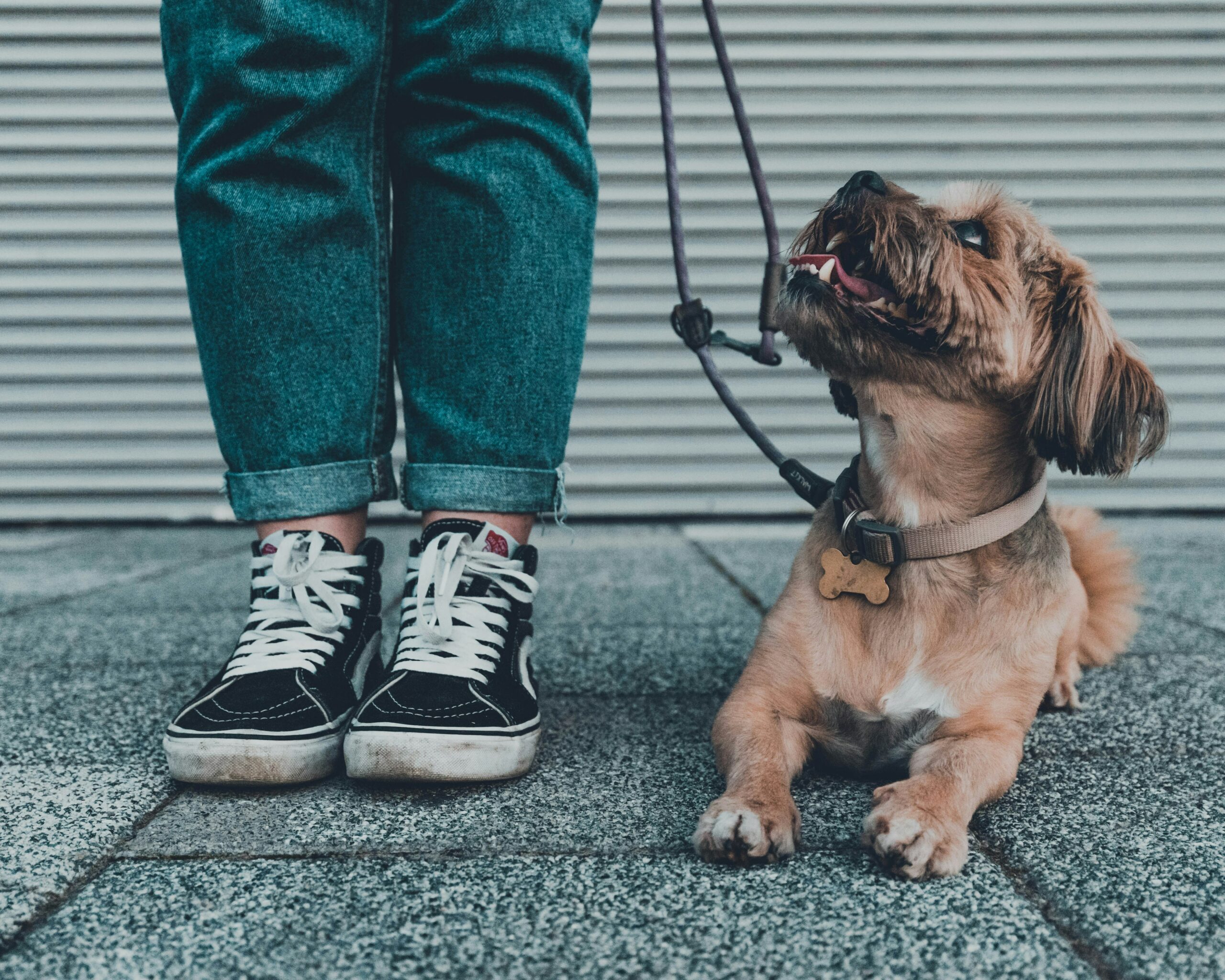Dogs can’t have all the diseases that humans have. This factor also works in reverse. However, sometimes the two beings can share similar health issues to each other. This is the case with gluten intolerance.
What Is Gluten Intolerance?
Gluten intolerance is an allergy to the substance gluten. This can be found in many food products. As it exists mostly in wheat, bakery products are a prime source. Other grains, such as rye, can also contain it. When gluten is introduced to the allergic individual’s body, the immune system will attempt to attack it. This causes the intestines to become inflamed and not work as they should. The victim will then struggle to absorb the nutrients that they need to survive.
From there, many other symptoms can develop. These can include gas, anemia, bloating, and fatigue. The severity of these differs depending on the ‘level’ of the allergy. Celiac disease is the most severe and dangerous, but there are milder versions. A gluten intolerance test usually diagnoses this condition. Once their issue is known, a person will go on a specific diet. They can avoid gluten products altogether or only eat the gluten-free versions of these foods.
Symptoms Of Gluten Intolerance In Dogs
While it is rare, dogs can have some gluten intolerance issues. It’s not fully known how it occurs in them. As with humans, the finger is often pointed at genetics. No definite conclusions have been made, though. There is also no real cure. These are, luckily, often not the result of full-out celiac. However, they can have a significant impact on a dog’s health. The gluten allergic canine’s body reacts to the material in a way similar to humans. Upon the introduction of gluten to it, its immune system will try to attack it. This will cause damage to the intestines of the animal. As a result, it will not be able to get the nutrients it needs.
Many symptoms will appear as a result of this process. Canines can exhibit diarrhea, weight loss, a poor coat and skin condition and inflamed/infected ears, guts and paw pads. Owners might also notice their dogs licking or chewing their feet. When they notice their pet exhibiting these problems, they should take them to a vet. This professional should be able to diagnose the disease properly.
How a Vet Will Diagnose a Gluten Intolerance Issue
A veterinarian will try to rule out other issues first. They’ll examine the dog and take note of the animal’s symptoms. Then certain tests will be performed. If there are infections, a sample of the pus will be taken. The vet will examine it for yeast. A fecal sample will be taken in the case of diarrhea. This is to rule out parasites.
After these exams, the vet can perform certain tests to check for the allergy (there are blood and intestinal tests for this purpose). However, they may also suggest that the owner put their pet on a gluten-free diet for some time. If the health issues improve, then the dog will be put on that diet permanently.
Ruling Out Other Possibilities
Ever heard of transference? Or sympathy pains? Certainly sympathy pregnancies. Well, just as there is such thing between bonded humans, there is such things between a pet and a person. In fact, many pets will take on their owners physical ailments from knee problems to depression to “help their human”. If you’re not sure you’re pet is taking on your gluten issue, you can consult with a body or emotion code practitioner or an animal communicator.
How To Put a Dog on a Gluten-Free Diet
Many owners will believe that they just need to keep bread away from their dogs. While this is true, there’s also another, larger issue. A large number of dog foods have gluten in them. Wheat is often put into pet food as it is a good source of protein that is low in fats and salts. This won’t hurt non-allergic canines, but it can definitely hurt allergic ones. Thus, owners with gluten-intolerant pets should seek out foods that are certified to be free of the harmful substance.
Once a dog is given the diet they need, it should return to a perfect state of health. If this doesn’t happen, an owner should return to the vet to rule out other allergens. Hopefully, though, gluten will be the only barrier to the dog’s health.
photo credit: https://unsplash.com/photos/D44HIk-qsvI
Love our content? Share it with a friend or link it to social media. Like short clips of cute household pets? Training tips? Follow us on instagram @nydognanny or on YouTube at nydognanny. Have some news you needs to get to dog and cat parents stat? Email info@newyorkdognanny.com with your article pitch.




